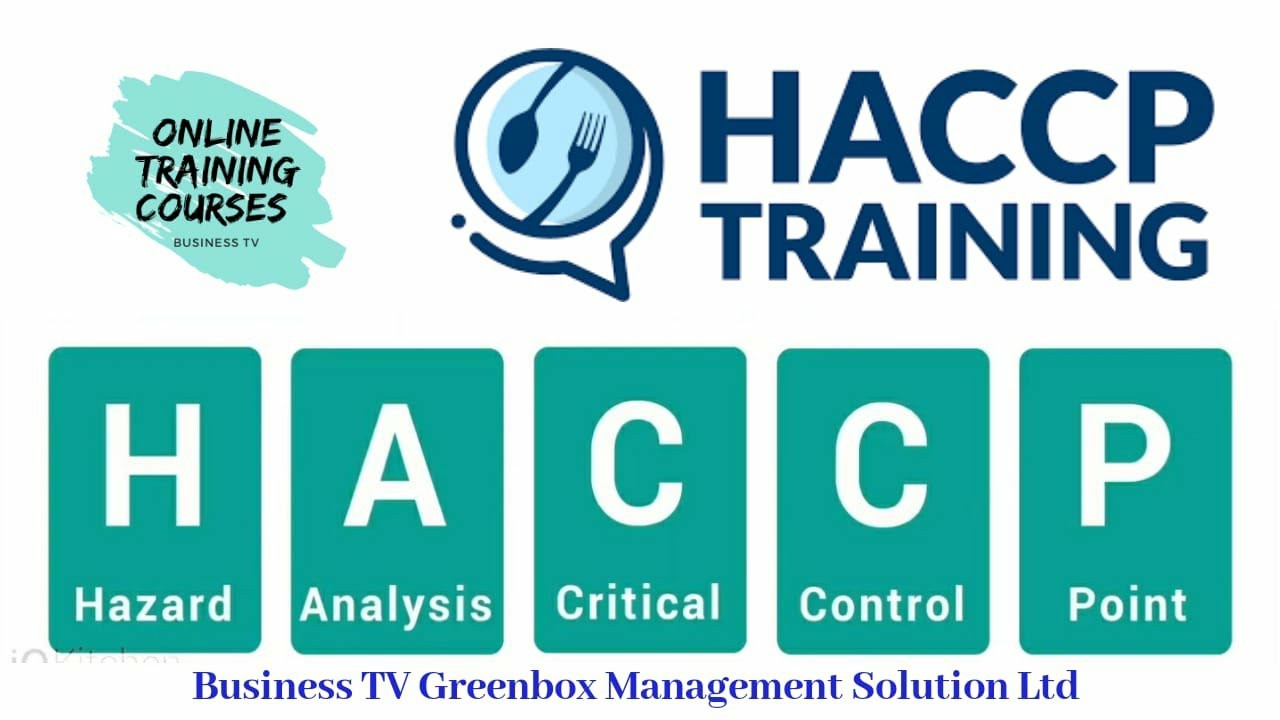HACCP Certification: The Key to Food Safety & Compliance for Irish Businesses in Dublin, Cork, Galway, and Beyond
In the competitive food industry of Ireland, ensuring safety and compliance isn’t just good practice—it’s essential. Businesses across major cities like Dublin, Cork, Galway, Limerick, Waterford, and Belfast must prioritize HACCP Certification to mitigate risks associated with food contamination. This comprehensive guide explores the significance of HACCP, its principles, and the benefits of HACCP training courses in helping food businesses align with Irish and EU food safety regulations.
What is HACCP? Understanding Its Role in Food Hygiene & Risk Management
HACCP, or Hazard Analysis Critical Control Point, is a systematic approach to managing food safety. It focuses on identifying and controlling hazards throughout the food production process. By implementing HACCP principles, businesses can:
- Identify potential hazards at various stages of food preparation.
- Establish critical control points to reduce or eliminate risks.
- Monitor procedures to ensure compliance with safety standards.
- Maintain thorough documentation for accountability and traceability.
HACCP Training Benefits: How It Ensures Food Safety Standards in Ireland
Investing in HACCP training courses offers numerous benefits for food businesses:
- Compliance with Legal Requirements: HACCP certification ensures alignment with Irish and EU food safety regulations, protecting your business from legal liabilities.
- Enhanced Food Quality: Implementing HACCP can lead to improved food quality, safeguarding your reputation in the competitive market.
- Risk Mitigation: By identifying and controlling hazards, you reduce the likelihood of foodborne illnesses.
- Customer Trust: Certification demonstrates your commitment to food safety, increasing customer confidence and loyalty.
Step-by-Step Guide to Getting HACCP Certification for Your Business
Obtaining HACCP certification involves a series of steps:
- Conduct a Hazard Analysis: Evaluate your food production processes to identify potential hazards.
- Establish Critical Control Points: Determine where control measures can be applied to mitigate identified risks.
- Monitor Procedures: Develop monitoring procedures to ensure critical points are consistently controlled.
- Implement Corrective Actions: Establish protocols for addressing any deviations from critical limits.
- Documentation and Record Keeping: Maintain comprehensive records, demonstrating compliance and facilitating audits.
Comparing Online vs. In-Person HACCP Training Courses
When seeking HACCP training, businesses can choose between online HACCP training and traditional classroom settings. Each option has its advantages:
- Online Training: Offers flexibility, allowing employees to learn at their own pace. Courses like HACCP Level 1 & 2 are easily accessible.
- In-Person Training: Provides interactive learning experiences and opportunities for immediate clarification of doubts.
Common HACCP Violations and How to Prevent Them
Many businesses stumble on HACCP compliance due to common mistakes:
- Insufficient hazard analysis or failing to recognize critical control points.
- Poor documentation practices, leading to non-compliance during audits.
- Neglecting employee training on food safety protocols.
To prevent these violations, regular training and audits are essential to maintain high safety standards.
How HACCP Compliance Strengthens Business Reputation and Customer Trust
In today’s health-conscious market, a business’s adherence to HACCP can significantly influence customer decisions. Highlighting HACCP compliance in marketing can:
- Attract more customers who prioritize food safety.
- Elevate your brand reputation as a reliable food provider.
How to Conduct a HACCP Audit for Your Business
Regular HACCP audits are crucial for continuous compliance. Here’s how to conduct an effective audit:
- Review Existing Documentation: Ensure all records are up-to-date and reflect current practices.
- Observe Operations: Conduct on-site inspections to verify adherence to HACCP protocols.
- Interview Staff: Assess employee knowledge of HACCP procedures and expectations.
Conclusion & Call to Action
The importance of HACCP certification in today’s food industry cannot be overstated. From safeguarding public health to enhancing your business reputation, the benefits are clear. Ready to elevate your food safety standards? Enroll in our HACCP training courses today, and ensure your compliance with food safety regulations in Ireland. For inquiries, please contact us at [email protected].



 349,500 Offered Certificates
349,500 Offered Certificates
 24/7 Online Training
24/7 Online Training
 Money Back Guarantee
Money Back Guarantee
 Fully Accredited Courses
Fully Accredited Courses
